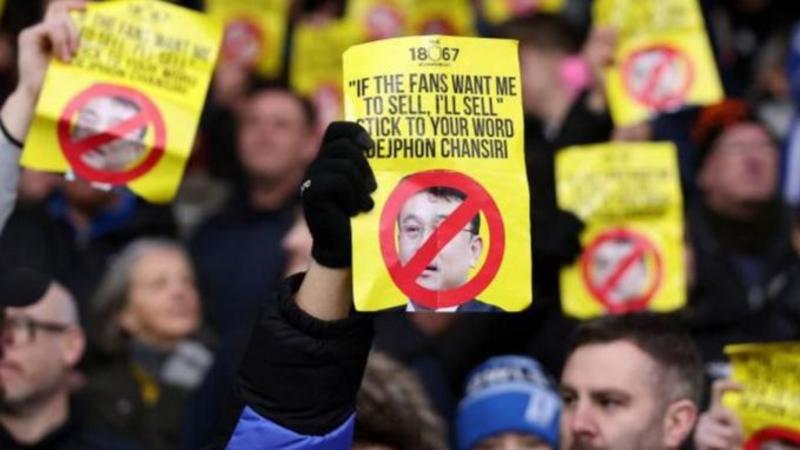Regulator to Launch Dynamic New Football Licensing System



In a significant move to ensure the financial stability and sustainability of football clubs in England, the newly formed watchdog has mandated that all 116 clubs across the top five divisions demonstrate their financial health before they can be granted the licenses required to compete. This development underscores a pivotal shift towards greater transparency and responsibility in the management of football finances.
Spanning the Premier League, the Championship, League One, League Two, and the National League, this extensive overview will cover the elite strata of English football, affecting revered clubs from Manchester United and Liverpool, down to smaller clubs in the National League. The decision arises amidst growing concerns over financial mismanagement within the sport, which has seen several clubs face economic difficulties and even administration in recent years.
The role of the watchdog will be to ensure each club complies with a set of predetermined financial criteria before the season begins. This approach is expected to prevent the financial crises that have plagued some clubs, leaving fans and local communities to bear the consequences. By introducing these preventive measures, the governing bodies aim to safeguard the clubs' longevity and promote a healthier competitive environment.
Financial health checks will likely include assessments of debt levels, profit margins, wage bills, and the sustainability of financial models adopted by the clubs. Clubs will need to provide transparency in their financial dealings, ensuring that they are not spending beyond their means. It marks an era where financial prudence is prioritized alongside sporting success, aiming to ensure that clubs are run as viable businesses rather than mere sporting ventures.
The impact of this policy extends beyond the clubs to the fans and the communities they serve. Football clubs are more than just sports teams; they are institutions embedded within their localities, contributing significantly to the local economy and community spirit. The collapse of a football club can have devastating effects on a community, as seen in the past with clubs like Bury FC. By ensuring clubs are financially sound, they are more likely to be stable, competitive, and capable of contributing positively to their communities.
Moreover, the requirement for financial health proofs may also influence how clubs approach player transfers and wages. In recent years, the astronomical rise in transfer fees and player salaries has been a point of contention, reflecting a broader trend of unsustainable financial practices in football. The new regulations could lead clubs to reconsider their spending, potentially leading to a more level playing field where financial power does not disproportionately dictate league standings and competition outcomes.
Critics might argue that this move could stifle the ambitions of smaller clubs who are looking to ascend the football ladder rapidly. However, proponents believe that these measures are essential for the long-term health of football in England. The approach seeks to ensure that clubs' strategic ambitions are aligned with their financial capabilities, aiming to prevent the kind of reckless spending that puts clubs at risk.
The watchdog's role will also be instrumental in enhancing trust and integrity in the administration of football. By maintaining regular checks and requiring clubs to adhere to strict financial regulations, the watchdog will help build confidence among stakeholders, including fans, investors, and sponsors, that the clubs are being managed responsibly.
As these plans roll out, it will be interesting to see how clubs adapt to the increased scrutiny and what this means for the future landscape of English football. This could be a transformative era that balances the scales somewhat, pulling back from the financial brinkmanship that has characterized much of modern football, towards a more sustainable and equally competitive future.